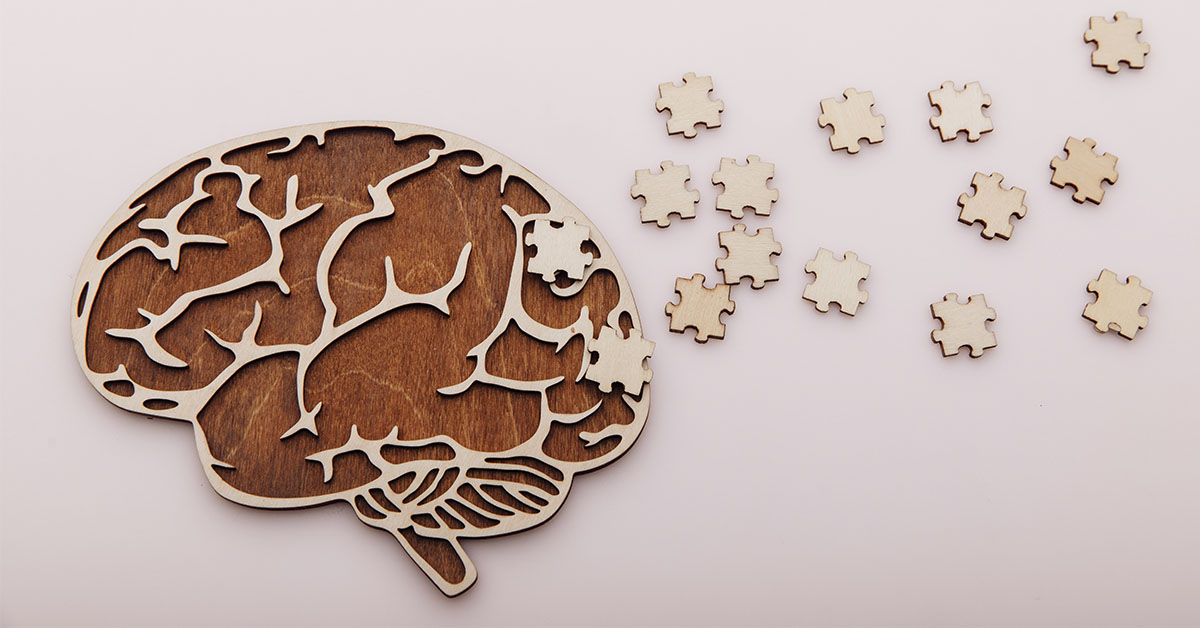We rely on our bodies and our minds to enjoy life, get through hardships, and map out our futures. However, some spend their whole lives overcoming bodily ailments with which they were born. In contrast, others are diagnosed with life-altering diseases later in life and have to learn to adapt. Early-onset Alzheimer’s, for example, causes confusion.
People operate under the assumption that they’ll have plenty of time to enjoy life with those they love, but this disease often changes a person, overnight. Joani Arrigoni in dealing with her Early-onset Alzheimer’s received profound compassion while shoe shopping with her husband.
The Impact of Early-onset Alzheimer’s
At 51 years old, Joani Arrigoni was diagnosed with Early-onset Alzheimer’s. Her husband Joe stepped up to the plate to be her full-time caregiver. Love drives many to be there for people in times of need but too much giving of oneself can leave caregivers feeling depleted and in turn, less patient. Often when people are in the midst of a situation, it’s hard to see the perspective of someone else.
One day, Joani insisted she needed new shoes despite already having several pairs at home. In his moment of feeling burnt out, Joe gave in and took Joani to the store to get new shoes.

A Moment of Compassion
When they got to the store Joani set out to find a sales associate. A few moments later, he heard her voice and looked around the corner to find her engaged in a conversation with a sales associate. The associate’s name is Michelle, and she began by trying to get Joani’s foot size. Because of the Early-onset Alzheimer’s Joani struggled to follow Michelle’s instructions. Instead of putting her foot down for measurement, she gave Michelle her hand.
Michelle then responded to Joani telling her not to worry and suggested a different method of getting the measurement. “‘Some things are difficult,” Michelle told Joani. “I struggle, too.” Michelle struggles with autism and anxiety and understands that we all have off moments, that are often out of our control.
Read: They met over a shared diagnosis. Their love shows what’s possible for people with multiple sclerosis.
Gaining a New Perspective
Joe, feeling depleted of patience, expected Michelle’s reaction to similarly reflect the sentiment he’d had. On the contrary, Joe witnessed Michelle treat his wife with a sense of grace and compassion that warmed his heart. Joe said of the experience, “When you’re a full-time caregiver … your level of compassion or hope can get depleted,” He continued to explain, “But when someone who themselves already has difficulty navigating our world is caring for your loved one, with more patience and compassion than you can muster … it’s beyond words. It’s a beautiful thing.”
Understanding the Disease
“Early-onset” Alzheimer’s refers to someone who is diagnosed earlier in life, generally younger than people expect someone to be affected. While experts don’t know exactly what causes the disease, they believe nerve cells in the brain become damaged and die off at much faster rates than just typical aging. As people age, so do their brains. This means that moments of forgetfulness occur.
However, for someone with Alzheimer’s these moments are often more alarming. Often those with the disease may forget their spouses, children, where they live, or even what year they’re living in. They can also struggle to remember words, manage their own emotions, or stay engaged in conversations. Eventually, patients may experience paranoia, difficulty chewing or swallowing, and severe memory loss.
Maintaining Love for Someone with Early-Onset Alzheimer’s
While it can be incredibly disheartening to know someone with the disease, it’s often much more confusing for them. They are living in a world, in which they’re surrounded by people they don’t recognize, often in a home, they don’t know. The compassion and patience required to be a caretaker is astronomical. These caretakers deserve recognition, compassion for themselves, and support for those around them. Most importantly, caretakers need (and deserve) a place to rest their tired souls.
Read: ‘My Daughter’s Rare Disease Was A Mystery For Years. Here’s How We Finally Got A Diagnosis’
Tips for Caring for Someone with Early-Onset Alzheimer’s
Anticipate Confusion– Someone suffering from Alzheimer’s may forget where they are, or what task they were in the middle of completing. Be prepared to constantly repeat your expectations or intent.
All Behaviors Have a Purpose– This means that sometimes patients will shout, hit, or throw things. This is an attempt to be seen or heard and is (most of the time) not ill-intended.
Enjoy the Good Times– Because brain function comes and goes, it’s important to fully soak up the moments when your loved one is fully present.
Bring up the Past– People suffering from Early-onset Alzheimer’s and other similar diseases can work their brains by recalling moments from their past. Additionally, this will give them a sense of happiness and comfort, if even for a moment.
Be Flexible– You may feel confused or even hurt. It’s important to remember if someone forget you by face or name, this is not personal or a reflection of what you mean to that person. Additionally, it’s important to note that the way a person’s brain functions with one of these diseases means they may see or hear something that you don’t. For example, they may be talking with you but the voice they hear isn’t actually yours. Similarly, they may be looking at you but the face their brain is registering may not be yours.
Ensure Safety– Eventually, your loved one may no longer remember to take their medications or may become argumentative when reminded. In this case, post-its or a whiteboard with handwritten notes may be useful. The disease may progress so much that a person is no longer able to remember they are unsafe getting out of bed alone at night. In these moments, having a professional caregiver or even taking shifts with siblings or friends can also provide you with a safety net. Be aware that persons suffering from these diseases may wander off, or forget they are in your care.
Find Time for Self-Care– As Joe learned, this one might just be the most important of all. Caring for others is often incredibly draining. No matter how admirable or rewarding it may be, there are still moments of pure exhaustion or frustration. To minimize this, it’s important to find a few moments of every day to speak with your children, spouse, or friends, who are outside of your immediate environment.
Do some breathing exercises, the dose of oxygen will boost your mood and your own brainpower. Most importantly, know that you are doing the best you can, and the best for you loved one. It’s ok to doubt your own sanity, feel all your feelings, and even be a little angry that you or your loved one is in this situation. Kindness with yourself and those around you will make these tribulations seem a lot less suffocating or confusing.
Keep Reading: Study: Grandparents Who Babysit May Live Longer
Sources
- ” A woman struggling with early-onset alzheimer’s got a moment of grace while shopping.” NPR. Laura Kwerel. October 29, 2022.
- “Early-onset alzheimer’s disease.” Johns Hopkins Medicine. Retrieved November 7, 2022.
- “Caregiving for person with alzheimer’s disease or a related dementia.” Centers for Disease Control and Prevention. Retrieved November 7, 2022.
- “Coping strategies for alzheimer’s disease caregivers.” UCSF Health. Retrieved November 7, 2022.

